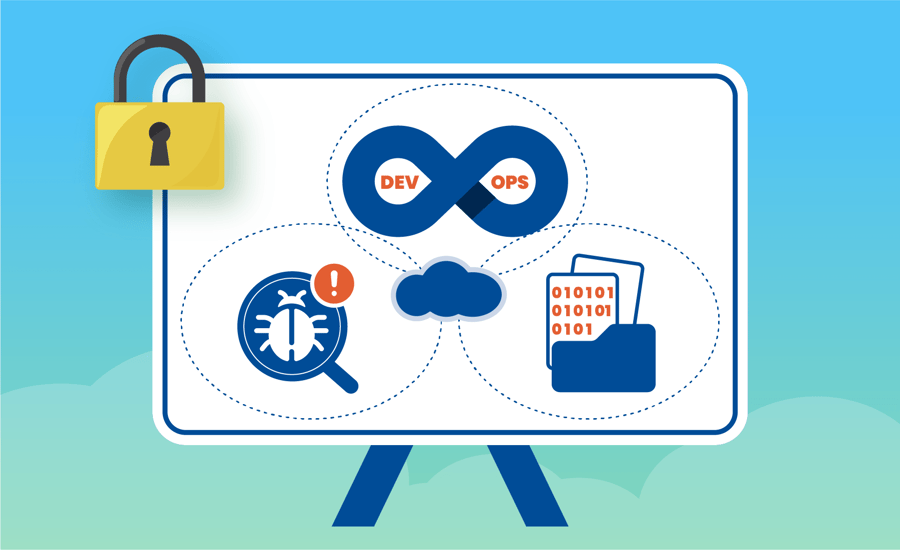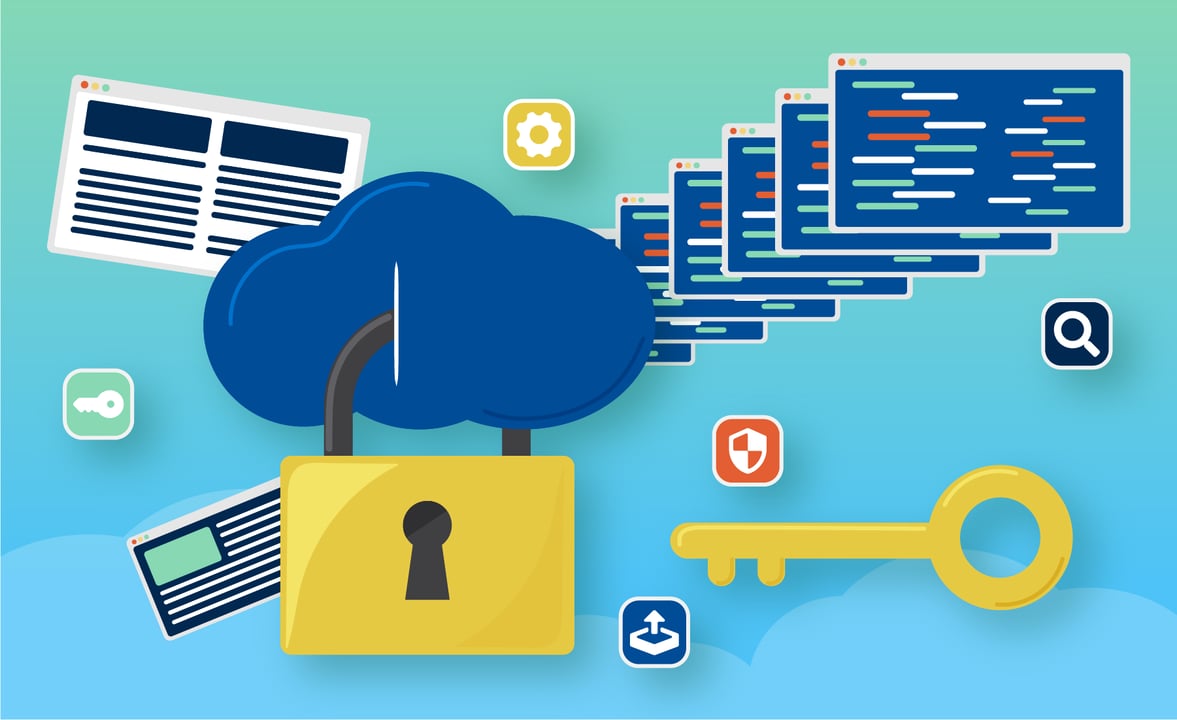/ 2 min read
Security and prevention mechanisms in cloud computing
by CELUS Team
posted on March 25, 2021
Cloud security is a shared responsibility. Whatever cloud service provider you use, you need extra protection for the content you add to the cloud. Together with Alexander Pohl, Co-founder and CTO at CELUS, we discussed prevention mechanisms of cloud solutions in electronics engineering and how cloud computing enables the development of electronic products to innovate better, faster, and cheaper.
Alex, why are cloud solutions becoming more important for companies?
Today's business world is becoming increasingly interconnected and global. People collaborate from across the planet or work flexibly from home. At the same time, the growing demands from customers require efficient tools and processes. The cloud is simply one of the best tools to achieve all these requirements.
What is cloud security and how does it work?
Cloud security, is a set of best practices to ensure the highest security standards when working in the cloud. Both offline and online processing and workflows require certain measures to ensure the safety and integrity of all operations in the cloud. Typically, a combination of having expert knowledge combined with security measures like encryption is used to allow the highest security standards.
So why is there still skepticism about the cloud?
For many companies, the cloud is still a new technology that they are trying to embrace. I think a healthy skepticism is a good approach, as long as you stay open-minded, and make sure that you don’t base your decisions on outdated information.
What are the main cloud security risks?
For any information system, not only the cloud, there are the risks of data leakage, service interruption, and service damage, although the latter one is very rare.
What requirements must companies meet for secure data storage in the cloud?
There are tools and processes that can help mitigate these security risks. For example, automatic security scans, DevSecOps processes, and encrypting data both at rest and in transit are very powerful measures for securing cloud operations.

Most big companies have traditionally run their own data centers. What arguments do they need to make to move to the cloud?
Well, for most companies, their core business is not the operation and maintenance of data-centers and IT infrastructures. At the same time, cloud services and software-as-a-service solutions have reached a very mature status today. Therefore, in most cases, it is simply more efficient and effective to focus on your core business and let experts run and maintain your SaaS applications in the cloud. After all, technologically speaking, working in the cloud or in a data center is the same, except for the added benefit of bringing in outside experts to help you succeed in your IT business.
What is different about using the cloud in electronics engineering? Is it possible to make all data processes in electronics engineering remote?
Electronics engineering has very specific requirements, and you need experts who understand those domain-specific requirements. Nevertheless, all of the benefits of cloud computing also apply here. In fact, we at CELUS can prove with our CELUS Design Platform that cloud computing can automate and assist throughout the electronics engineering process.
How can cloud computing better enable electronic product design to innovate better, faster, and cheaper?
Since cloud computing offers easy and flexible access to vast computation and data-storage resources, it is a very effective tool to empower electronics engineers to achieve the highest quality. Through automation and streamlined processes, engineers can focus on the main value drivers that ultimately bring out the best in all of those products and designs.
What safety tips can you give to anyone starting to work with the cloud?
Make sure that you have the right people on board, who understand your industry and that all your employees and users are aware that security is always a team effort. Last but not least use strong passwords, multifactor authentication, and encryption everywhere.
The CELUS Design Platform keeps the data needed for efficient electronics development in a secure cloud. This integration allows engineers to have centralized and parallel access, making collaboration much easier and avoiding repetitive work. Find more information here




Your opinion is very important, leave a comment